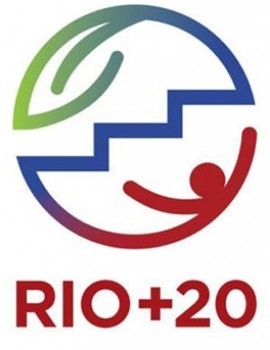
Despite the discouraging results of the Rio+20 Summit in terms of lacking multilateral agreements and commitments, there is a bright side to the Outcome Document when it comes to the acknowledgement of the role that local and regional governments play and need to play in the sustainable development agenda.
Seldom before, has there been an international policy document which is as far-reaching in both the recognition of the role of local and sub-national governance and as comprehensive in the thematic areas described of influence for these spheres of governments. The explicit recognition of the Habitat Agenda is also a important achievement
On the shortcomings it is worth mentioning the very few references to culture as crucial pillar for development and the lack of clear inclusive governance mechanisms for future policy development.
Summary of key issues:
1. Acknowledgment of the work done paying tribute to progress achieved at sub-national and local levels.
2. Acknowledgement of the role to play in the implementation of policies and the engagement of stakeholders. Article 45 recognizes critical role of governance at local and sub-national level Local and sub-national governments are explicitly mentioned in the thematic areas and cross-sectoral issues.
3. Specific sub-heading on sustainable cities and human settlements
States acknowledge the importance of cross-sectoral planning and commit to increasing capacity and supporting municipal governments, metropolitan areas and towns to develop sustainability policies. The text further recognizes the role of local and sub-national authorities in public service delivery, poverty alleviation and risk management. Integral approaches are supported. Partnership among cities and communities encouraged
4. Habitat Agenda and resourceful UN Habitat identified as explicit aim.
5. Call to strengthening financial mechanisms accessible to sub-national and local authorities
6. Regulatory frameworks to stimulate public-private partnerships to be promoted
Follow up mechanisms where local and sub-national authorities should ensure inclusion:
1. The Administrative Council of UNEP will have universal access and greater participation of Major Groups.
2. A High Level Political Forum will be put in place replacing the Commission on Sustainable Development, the format will be defined by the General Assembly.
3. An Open Working Group to define process on Sustainable Development Goals at the opening of the 67th session of the General Assembly.
4. An Intergovernmental Committee, comprising thirty experts to assess financial needs for Sustainable Development Financing.
The outcomes of Rio will be an important milestone in the UN agenda of UCLG. The World Secretariat and UCLG members will need to continue working in ensuring political representation in the above mentioned processes and towards Habitat III.










